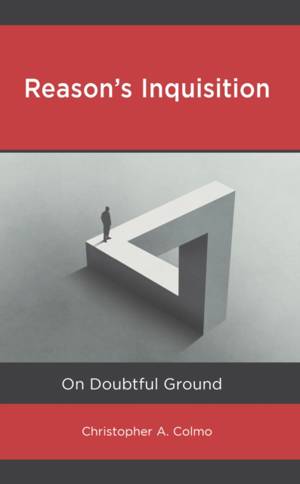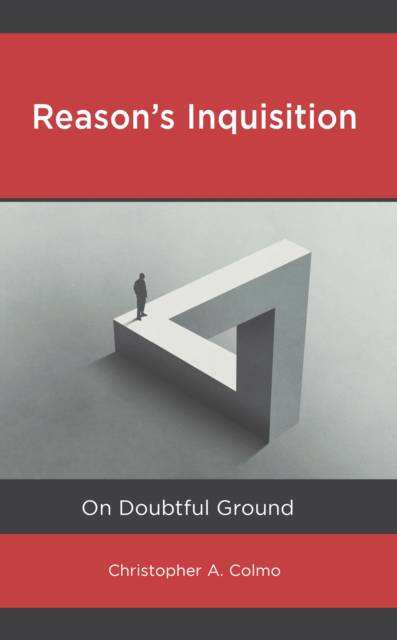
- Afhalen na 1 uur in een winkel met voorraad
- Gratis thuislevering in België vanaf € 30
- Ruim aanbod met 7 miljoen producten
- Afhalen na 1 uur in een winkel met voorraad
- Gratis thuislevering in België vanaf € 30
- Ruim aanbod met 7 miljoen producten
Zoeken
€ 178,45
+ 356 punten
Omschrijving
Theory and practice, reason and revelation, ancients and moderns are the key themes running through the eighteen studies of the literature of political philosophy in Reason's Inquisition. Alfarabi is a pivotal figure, but the range is wide, from Plato and Thucydides to Shakespeare and Hobbes, extending to such contemporary figures as Leo Strauss and Eric Voegelin.
Specificaties
Betrokkenen
- Auteur(s):
- Uitgeverij:
Inhoud
- Aantal bladzijden:
- 278
- Taal:
- Engels
Eigenschappen
- Productcode (EAN):
- 9781666921953
- Verschijningsdatum:
- 29/08/2023
- Uitvoering:
- Hardcover
- Formaat:
- Genaaid
- Afmetingen:
- 152 mm x 229 mm
- Gewicht:
- 576 g

Alleen bij Standaard Boekhandel
+ 356 punten op je klantenkaart van Standaard Boekhandel
Beoordelingen
We publiceren alleen reviews die voldoen aan de voorwaarden voor reviews. Bekijk onze voorwaarden voor reviews.











